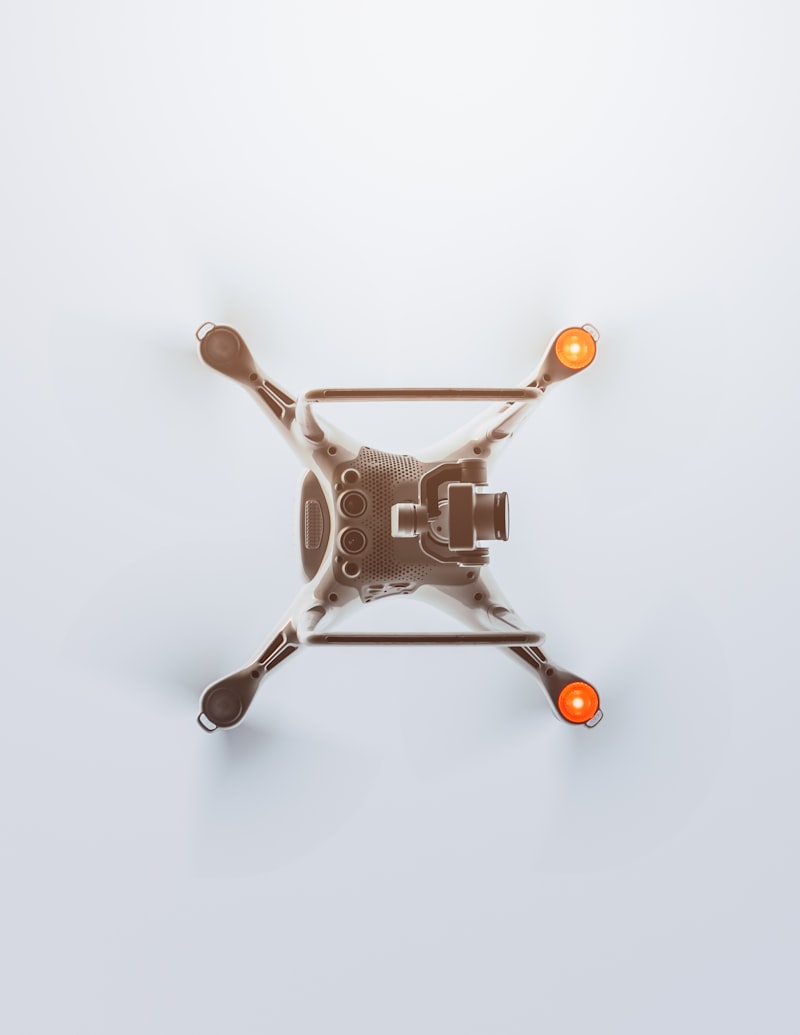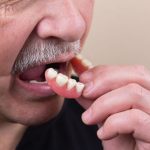Is your car making strange noises that seem to come from underneath? Differential gear noise can be a common issue, causing rattling or humming sounds when you accelerate or decelerate. This problem often arises due to worn-out gears, lack of lubrication, or improper gear meshing.
Firstly, it’s crucial to diagnose the exact source of the noise. Jack up your car safely and inspect the differential for any visible signs of damage or leaks. Check the fluid level and quality; dirty or low differential fluid can lead to increased friction and noise.
Next, consider the gear meshing. Improper alignment or worn-out gears can cause excessive noise. If gears are worn, they may need to be replaced, which involves disassembling the differential unit carefully. Ensure to follow manufacturer guidelines or seek professional assistance for complex repairs.
Lubrication plays a pivotal role in differential performance. Use the recommended gear oil specified in your car’s manual. Proper lubrication reduces friction between gears, minimizing noise and extending component life. Regular oil changes are essential to maintain optimal performance.
Additionally, inspect other components connected to the differential, such as axle shafts and bearings. Worn-out bearings or loose components can also contribute to noise issues. Replace any damaged parts promptly to prevent further damage to the differential system.
Addressing differential gear noise requires a systematic approach involving diagnosis, proper lubrication, and potential component replacement. By maintaining your differential system regularly and addressing issues promptly, you can ensure a quieter ride and prolong the lifespan of your vehicle’s drivetrain.
Silence the Roar: Expert Tips to Quiet Car Differential Gear Noise
Ever heard that unsettling roar coming from underneath your car? That’s likely the sound of your differential gear at work. While some noise is normal, excessive whining or grinding can be a sign of trouble. Fortunately, there are expert tips to help silence that roar and keep your drive smooth and quiet.
One of the main causes of differential gear noise is improper lubrication. Just like joints need oil to move smoothly, differential gears require clean and adequate lubrication to reduce friction and noise. Regularly check the gear oil levels and quality as recommended by your vehicle’s manufacturer. Using the right type of gear oil specified for your differential can make a significant difference in noise reduction.
Another culprit could be worn-out gears or bearings within the differential assembly. Over time, these components can wear down, causing increased friction and noise. Inspecting the differential gears periodically can help catch any wear early on. Replacing worn-out gears or bearings promptly can prevent further damage and restore quiet operation to your vehicle.
Sometimes, the noise might not be coming directly from the differential gears themselves but from worn-out universal joints or CV joints connected to the differential. These joints allow the driveshaft to transmit power to the wheels while accommodating suspension movement. If these joints become worn or damaged, they can cause vibrations and noises that resonate through the vehicle. Checking and replacing these joints when necessary can help eliminate unwanted noises.
Additionally, the way you drive can also affect differential gear noise. Aggressive driving, such as sudden acceleration or deceleration, can put extra strain on the differential gears and components, leading to increased noise over time. Driving smoothly and avoiding sudden maneuvers can help reduce wear and noise from your differential.
By ensuring proper lubrication, regularly inspecting for wear, maintaining related components, and adopting a smooth driving style, you can effectively reduce differential gear noise in your vehicle. Implementing these expert tips not only helps silence the roar but also contributes to a quieter and more enjoyable driving experience.
Mastering the Mechanics: DIY Solutions for Differential Gear Noise

Dealing with differential gear noise in your vehicle can be a frustrating challenge, but fear not – there are several effective DIY solutions you can implement to quiet those troublesome sounds. Differential gear noise often manifests as whining, grinding, or humming sounds, especially during turns or at specific speeds. Addressing this issue promptly not only enhances driving comfort but also prevents potential mechanical damage in the long run.
One of the simplest yet effective DIY solutions is checking and replacing the differential gear oil. Over time, old or contaminated gear oil can break down, leading to increased friction and noise. By following your vehicle manufacturer’s recommendations for oil type and viscosity, you ensure optimal lubrication and quieter operation of the differential gears.
Another critical aspect to consider is inspecting the differential housing for any leaks or damage. A damaged housing can allow dirt and debris to enter, accelerating wear and generating noise. Seal any leaks promptly and ensure the housing is intact to maintain optimal gear operation.
Furthermore, adjusting the backlash and mesh pattern of the differential gears can significantly reduce noise levels. This adjustment requires precision and may necessitate specialized tools, but it can yield noticeable improvements in gear engagement and noise reduction.
For those willing to delve deeper, inspecting and possibly replacing worn bearings and gear components can further mitigate differential gear noise. Worn bearings are a common culprit of whining noises, especially under load conditions. Replacing them with high-quality, compatible bearings can restore smooth operation and silence the differential.
Understand and Conquer: The Science Behind Car Differential Noise
Have you ever noticed strange noises coming from your car, especially when turning corners or accelerating? One of the common culprits could be differential noise. Understanding this phenomenon can help you diagnose and fix issues early, ensuring smoother rides and preventing costly repairs down the road.
Differentials are crucial components in a car’s drivetrain, responsible for transferring power from the engine to the wheels while allowing them to rotate at different speeds. This mechanism ensures smooth turning and stable performance on various road surfaces. However, over time, wear and tear can lead to differential noise, indicating potential problems.
The most recognizable differential noise manifests as a whining, grinding, or clunking sound. These noises typically occur during specific driving conditions, such as turning or accelerating, and can vary depending on the type of differential (open, limited-slip, or locking differential) installed in your vehicle.
To diagnose differential noise accurately, it’s essential to pay attention to when the sounds occur and under what circumstances. For instance, a whining noise during acceleration might suggest worn gears or low lubricant levels, while a grinding sound when turning could indicate issues with the differential bearings or worn-out components.
Addressing differential noise promptly is crucial to prevent further damage and ensure safety on the road. Regular maintenance, such as checking fluid levels and replacing worn-out parts, can significantly extend the lifespan of your differential and improve overall vehicle performance.
Understanding the science behind car differential noise empowers drivers to take proactive steps in maintaining their vehicles. By recognizing early warning signs and addressing issues promptly, you can enjoy smoother rides and avoid costly repairs in the long run. Stay tuned for more insights on how to keep your car running smoothly and quietly.
This article aims to inform readers about the causes and implications of differential noise in vehicles while providing practical tips for maintenance and repair.
Step-by-Step Guide: Eliminating Differential Gear Whine
Is that annoying differential gear whine making your drives less enjoyable? You’re not alone. Differential gear whine can be a frustrating issue for many drivers, but fear not – there are steps you can take to eliminate it and get back to smooth, quiet rides.
Firstly, let’s understand what causes this whining sound. Differential gear whine often occurs due to improper gear meshing or worn-out bearings within the differential assembly. Over time, these components can wear down, leading to increased friction and noise during operation.
To start tackling this issue, begin by checking the differential fluid level and condition. Low or contaminated fluid can exacerbate gear whine by reducing lubrication effectiveness. Ensure the fluid meets manufacturer specifications and replace if necessary.
Next, inspect the differential assembly for any signs of wear or damage. Worn-out gears or bearings will typically produce a distinctive whining noise under load or during specific driving conditions. Replace any worn components with high-quality replacements to restore smooth operation.
Another effective step is to adjust the gear meshing. Proper gear meshing ensures that the teeth of the gears engage smoothly without excessive play, which can contribute to noise generation. Follow manufacturer guidelines for adjusting gear lash to minimize noise levels effectively.
Lastly, consider the installation of sound-deadening materials around the differential housing. These materials can help dampen vibrations and reduce the transmission of noise into the cabin, providing a quieter driving experience overall.
By following these steps – checking differential fluid, inspecting for wear, adjusting gear meshing, and using sound-deadening materials – you can significantly reduce or eliminate differential gear whine. Enjoy smoother, quieter drives once again, free from the annoyance of gear noise disrupting your journey.
Gear Up for Quiet: Techniques to Muffle Differential Noise
Imagine cruising down the road, the wind gently whispering past your car, and the only sound you hear is the hum of the engine. But suddenly, there’s an unwanted guest – differential noise. It’s that annoying whine or rumble that can spoil the tranquility of your drive. Don’t fret though, because there are effective ways to quiet down that pesky noise and restore peace to your ride.
One of the main culprits of differential noise is worn-out gears. Over time, the gears in your differential can wear down, causing them to produce more noise than usual. Replacing these worn gears with new ones can significantly reduce the noise levels and restore smooth operation to your differential.

Another effective technique is using high-quality gear oil. The type of oil you use in your differential can have a big impact on noise levels. Opting for a gear oil that is specifically formulated to reduce noise can work wonders. These oils often contain additives that help cushion the gears and dampen vibrations, resulting in a quieter ride.
Additionally, checking and adjusting the backlash in your differential can make a world of difference. Backlash refers to the clearance between the gears, and if it’s not within the manufacturer’s recommended specifications, it can lead to increased noise. Ensuring the backlash is properly adjusted can help minimize noise and improve the overall performance of your differential.
If you’re dealing with particularly stubborn differential noise, soundproofing materials can be a game-changer. Installing sound-deadening mats or foam around the differential can help absorb noise before it reaches the cabin, resulting in a quieter and more enjoyable driving experience.
Lastly, regular maintenance and inspections are key to keeping differential noise at bay. By keeping your differential well-lubricated and addressing any issues promptly, you can prevent excessive wear and reduce the likelihood of noise developing in the first place.
By implementing these techniques, you can gear up for a quieter drive and bid farewell to differential noise. So next time you hit the road, enjoy the serenity of a smoothly running differential and focus on the journey ahead.
Frequently Asked Questions
Can Differential Gear Oil Change Reduce Noise
Learn how changing differential gear oil can potentially reduce noise in your vehicle’s drivetrain. Understand the impact of fresh oil on gear performance and noise levels, ensuring smoother operation and improved driving comfort.
How Can I Identify Differential Gear Noise
Learn how to identify differential gear noise with our concise guide. Understand common sounds like whining, grinding, or clunking, which may indicate issues. Regular inspections and professional diagnosis ensure early detection and prevent costly repairs.
When Should I Seek Professional Help for Differential Gear Noise
Learn when to seek professional help for differential gear noise. Understand the signs of abnormal noise such as whining, grinding, or clunking during acceleration or deceleration. If you notice these sounds, it’s crucial to consult a mechanic promptly to prevent further damage to your vehicle’s differential system.
What Causes Differential Gear Noise in Cars
Learn about the causes of differential gear noise in cars with our concise FAQ. Discover common issues that lead to these noises and how they impact vehicle performance and safety.
What Are the Steps to Fix Differential Gear Noise
Learn the essential steps to resolve differential gear noise efficiently. Identify the source of the noise through diagnostic tests. Inspect and replace worn-out bearings or gears as necessary. Ensure proper lubrication with recommended fluid to reduce friction and noise. Reassemble components correctly, checking for any loose connections or misalignments. Test the vehicle to confirm the noise issue has been resolved.


